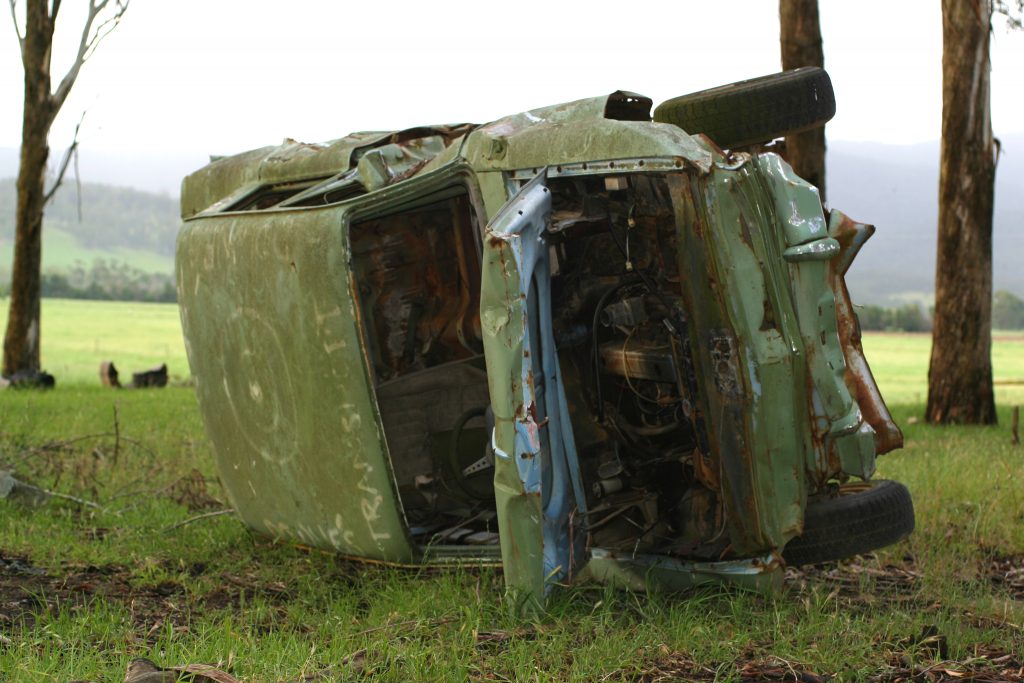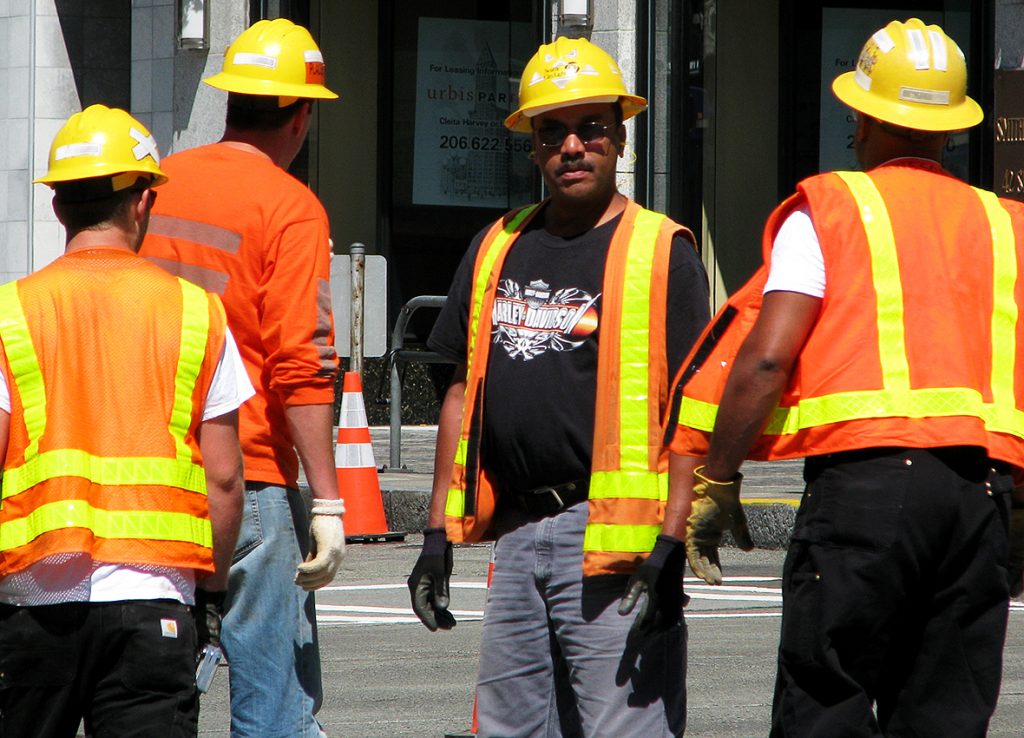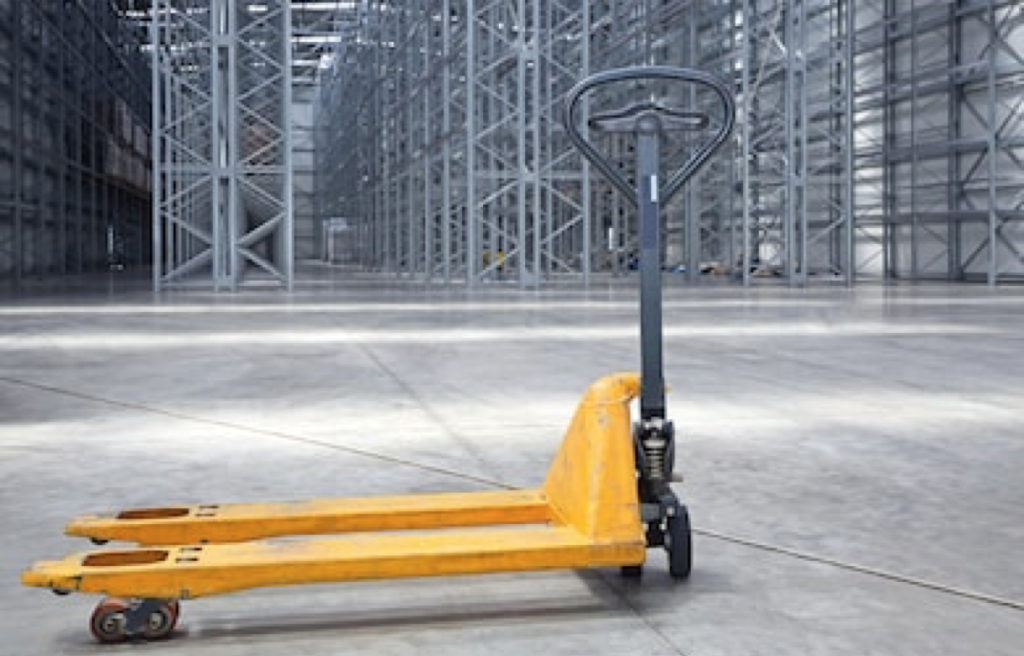 What happens when you file a lawsuit and then fail to file any pleadings beyond the initial Petition for Damages? Is the case eligible for a new trial? Or is simply determined abandoned? Typically, when you wait too long to respond after a lawsuit has been filed, the case will be considered abandoned, and it will be dismissed. There are two types of case dismissals: (1) dismissal with prejudice, and (2) dismissal without prejudice. Generally, when a case is dismissed with prejudice, you cannot get a new trial even if the statute of limitations has not run out, and there is no right to appeal. See La. C.C.P. art. 2162.
What happens when you file a lawsuit and then fail to file any pleadings beyond the initial Petition for Damages? Is the case eligible for a new trial? Or is simply determined abandoned? Typically, when you wait too long to respond after a lawsuit has been filed, the case will be considered abandoned, and it will be dismissed. There are two types of case dismissals: (1) dismissal with prejudice, and (2) dismissal without prejudice. Generally, when a case is dismissed with prejudice, you cannot get a new trial even if the statute of limitations has not run out, and there is no right to appeal. See La. C.C.P. art. 2162.
In August 2005, Tyrone Johnson filed a tort claim against his employer, Pacarini, and his co-employee, Mr. Gay, alleging that he was injured at work when a t-bar weighing 4000 pounds rolled onto his right leg and ankle. In November 2008, a subpoena duces tecum was issued to Pacarini, meaning Mr. Johnson subpoenaed Pacarini to either have an agent appear in court or provide relevant documents to Mr. Johnson. Subsequently, Mr. Johnson failed to file another pleading until September 2014, when he filed an amended petition adding another defendant.
On January 30, 2015, Mr. Gay and Pacarini filed an ex parte motion to dismiss the case on the grounds that Mr. Johnson abandoned the case by failing to file any pleadings between 2009 and 2013. The motion to dismiss was granted with prejudice, which, as discussed above, means Mr. Johnson is not entitled to a new trial, although he did file a motion for a new trial which was subsequently denied. As a result, Mr. Johnson appealed, alleging that he intended to appeal the merits of the final judgment of the motion to dismiss. He alleged that the motion to dismiss should have been denied because he sent a letter to defense counsel regarding setting the case for trial.
 Louisiana Personal Injury Lawyer Blog
Louisiana Personal Injury Lawyer Blog


 Generally, when you have a car accident it is a fender bender, and it is clear to the police and the court what events took place. However, in some situations, the evidence can support different versions, and the parties do not agree on what occurred. Typically, when there are conflicting stories in a case, it is up to a fact finder to determine which version is the “truth.” A fact finder may be a judge or a jury. However, when the trial court’s determination of fact is appealed, the Louisiana Supreme Court has established a two-part test to determine if the trial courts finding was correct or must be overturned. First, the Louisiana Appellate Court must make the determination after reviewing if a reasonable factual basis exists for the finding of the trial court; second, the Louisiana Appellate Court must determine if the record establishes that the finding of the trial court is clearly wrong (
Generally, when you have a car accident it is a fender bender, and it is clear to the police and the court what events took place. However, in some situations, the evidence can support different versions, and the parties do not agree on what occurred. Typically, when there are conflicting stories in a case, it is up to a fact finder to determine which version is the “truth.” A fact finder may be a judge or a jury. However, when the trial court’s determination of fact is appealed, the Louisiana Supreme Court has established a two-part test to determine if the trial courts finding was correct or must be overturned. First, the Louisiana Appellate Court must make the determination after reviewing if a reasonable factual basis exists for the finding of the trial court; second, the Louisiana Appellate Court must determine if the record establishes that the finding of the trial court is clearly wrong ( Almost every adult American has thought about what would happen if they were injured at work. They ask would they receive enough to sustain their pre-injury lifestyle and if not, what remedies are available. Typically, employees are eligible for workers’ compensation, but the workers’ compensation system seems odd to some people. For example, if you lose a finger at work, you will get a set amount, but depending on what finger you may get more than someone else who also lost a finger. The question, in this case, is whether Terry Russell, who was injured on the job, is eligible for supplemental earning benefits (“SEBs”). A SEBs award is based on the difference between the claimant’s pre-injury average monthly wage, and the claimant’s proven post-injury monthly earning capacity.
Almost every adult American has thought about what would happen if they were injured at work. They ask would they receive enough to sustain their pre-injury lifestyle and if not, what remedies are available. Typically, employees are eligible for workers’ compensation, but the workers’ compensation system seems odd to some people. For example, if you lose a finger at work, you will get a set amount, but depending on what finger you may get more than someone else who also lost a finger. The question, in this case, is whether Terry Russell, who was injured on the job, is eligible for supplemental earning benefits (“SEBs”). A SEBs award is based on the difference between the claimant’s pre-injury average monthly wage, and the claimant’s proven post-injury monthly earning capacity.  Could your contract to build a new home prevent you from bringing a negligence claim if there is negligent conduct? While stressful, at the end of the day, buying and building a new home should be a positive thing that improves quality of life. When Glenn and Sandra Wilson designed and bought a new home, they felt otherwise. They believed their home had both design and construction deficiencies. Thus, they filed a lawsuit in East Baton Rouge Parish against several defendants involved in the design and construction of their home. Acadiana Home Design and Murry Daniels were alleged to have both provided design plans for the Wilsons’ home as well as failed to supervise construction.
Could your contract to build a new home prevent you from bringing a negligence claim if there is negligent conduct? While stressful, at the end of the day, buying and building a new home should be a positive thing that improves quality of life. When Glenn and Sandra Wilson designed and bought a new home, they felt otherwise. They believed their home had both design and construction deficiencies. Thus, they filed a lawsuit in East Baton Rouge Parish against several defendants involved in the design and construction of their home. Acadiana Home Design and Murry Daniels were alleged to have both provided design plans for the Wilsons’ home as well as failed to supervise construction.  While running errands all day, to the cleaners and the grocery store, the last thing on one’s mind is getting hurt along the way. Proving fault for an injury can sometimes be more of a pain than the injury itself. Collecting evidence like pictures or eye witness reports is the last thing you want to do after suffering a fall, but to prove your case in court, it is necessary. Failure to do so can result in not only the pain from your injury but also the bill.
While running errands all day, to the cleaners and the grocery store, the last thing on one’s mind is getting hurt along the way. Proving fault for an injury can sometimes be more of a pain than the injury itself. Collecting evidence like pictures or eye witness reports is the last thing you want to do after suffering a fall, but to prove your case in court, it is necessary. Failure to do so can result in not only the pain from your injury but also the bill. Everyone has that one coworker that just gets under their skin. Some days even the sound of their voice feels like it will push you over the edge. However, when things turn physical in the workplace, not only is an employee at fault, but the company may be as well.
Everyone has that one coworker that just gets under their skin. Some days even the sound of their voice feels like it will push you over the edge. However, when things turn physical in the workplace, not only is an employee at fault, but the company may be as well. The term concurrent-cause is a legal doctrine that may be vital to your commercial property. If loss or damage occurs as a result of two or more causes, one event may be covered while the other is not. It would not matter if the events happened at the same time, or if one event occurred before the other. That is why [i]t is essential that the insured produce evidence which will afford a reasonable basis for estimating . . . the proportionate part of damage caused by a risk covered by the insurance policy.”
The term concurrent-cause is a legal doctrine that may be vital to your commercial property. If loss or damage occurs as a result of two or more causes, one event may be covered while the other is not. It would not matter if the events happened at the same time, or if one event occurred before the other. That is why [i]t is essential that the insured produce evidence which will afford a reasonable basis for estimating . . . the proportionate part of damage caused by a risk covered by the insurance policy.”  In the law, words matter greatly. How even one word is defined can make or break a lawsuit. However, courts do not allow words to be defined willy-nilly. There are certain methods courts will use to define words. In the case below, we will see how the plaintiff’s case was rendered moot due to the court’s interpretation of a word.
In the law, words matter greatly. How even one word is defined can make or break a lawsuit. However, courts do not allow words to be defined willy-nilly. There are certain methods courts will use to define words. In the case below, we will see how the plaintiff’s case was rendered moot due to the court’s interpretation of a word. When we think of the practice of law, we may think of flashy lawyers in the courtroom arguing against one another with impassioned rhetoric. In reality, the law practice is not that glamorous. In many cases, there are no trials, and a judge simply hands down a judgment without any theatrics. Summary judgment is an example. Summary judgments occur when there are no factual disputes between parties, thus forgoing the need for a trial. However, to obtain summary judgment, a party must file a motion for summary judgment. In the case below, we will see how a Louisiana Appellate Court decided that the District Court erred in granting a motion for summary judgment.
When we think of the practice of law, we may think of flashy lawyers in the courtroom arguing against one another with impassioned rhetoric. In reality, the law practice is not that glamorous. In many cases, there are no trials, and a judge simply hands down a judgment without any theatrics. Summary judgment is an example. Summary judgments occur when there are no factual disputes between parties, thus forgoing the need for a trial. However, to obtain summary judgment, a party must file a motion for summary judgment. In the case below, we will see how a Louisiana Appellate Court decided that the District Court erred in granting a motion for summary judgment. Time governs our lives. It also governs the law. If you have been injured and decide to file a claim, there is generally a time limit to do so. If you do not file within this time, you may never get your claim heard. The case below is an example.
Time governs our lives. It also governs the law. If you have been injured and decide to file a claim, there is generally a time limit to do so. If you do not file within this time, you may never get your claim heard. The case below is an example.